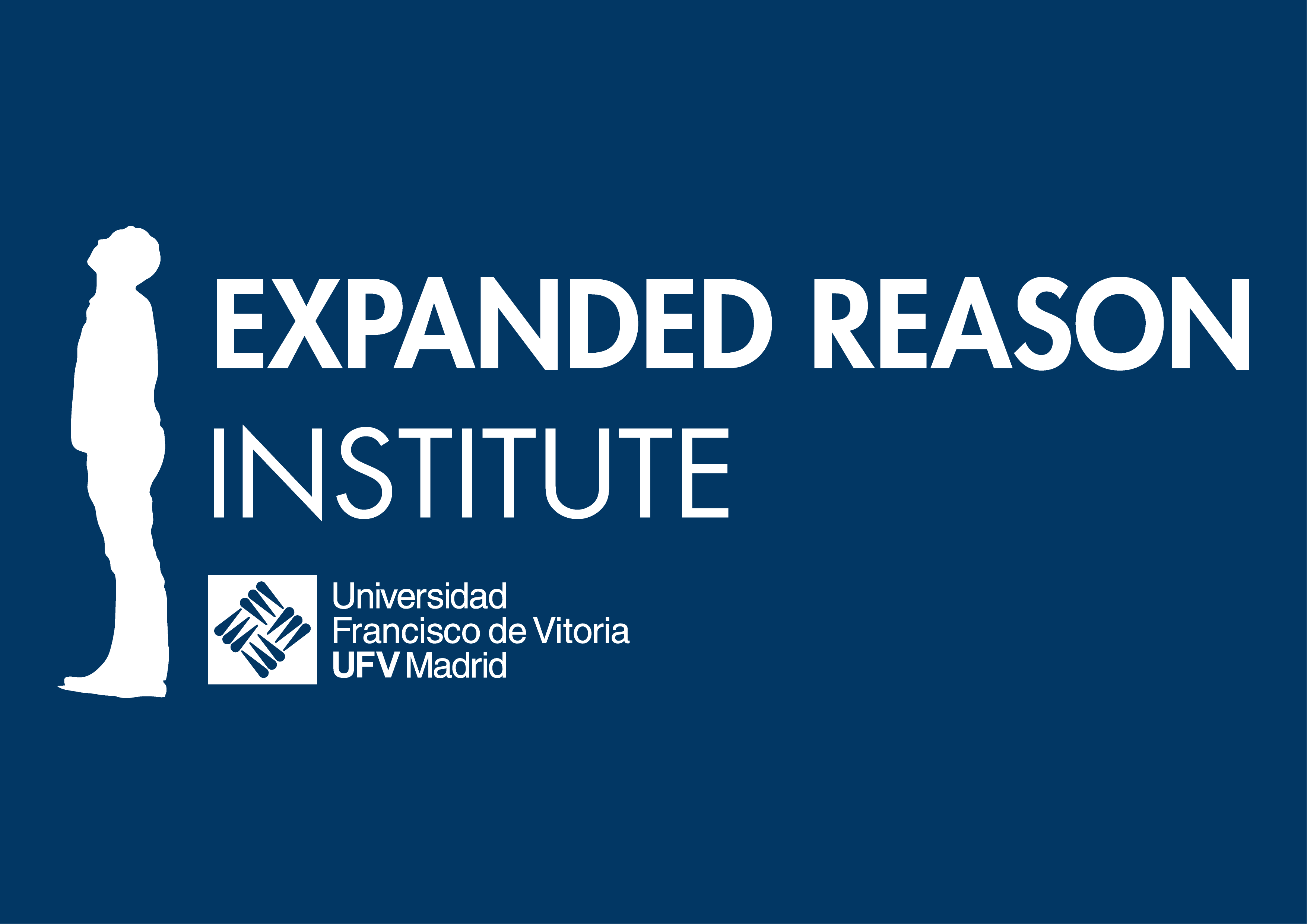Biography
William Simpson
 William Simpson is a Junior Research Fellow of Wolfson College, Cambridge, and an Honorary Research Fellow of the University of St Andrews. He is a Research Associate of the Divinity Faculty in Cambridge, and a Research Associate of the Ian Ramsey Centre in Oxford. His current work on the philosophy and theology of nature is part of the international project, “God and the book of nature”.
William Simpson is a Junior Research Fellow of Wolfson College, Cambridge, and an Honorary Research Fellow of the University of St Andrews. He is a Research Associate of the Divinity Faculty in Cambridge, and a Research Associate of the Ian Ramsey Centre in Oxford. His current work on the philosophy and theology of nature is part of the international project, “God and the book of nature”.
William obtained a doctorate in philosophy at the University of Cambridge (2016-20), supported by a Blacker-Loewe full doctoral scholarship at Peterhouse, and a PhD in Theoretical Physics at the University of St Andrews (2010-14), supported by a SUPA Prize full doctoral scholarship. He has published in the areas of philosophy, physics and theology, and is co-editor of the anthology, “Neo-Aristotelian Perspectives on Contemporary Science” (with Robert Koons and Nicholas Teh).
William’s doctoral thesis at Cambridge, “What’s the matter? Toward a neo-Aristotelian ontology of nature”, sought to advance a general account of the structure of nature, as it ought to be if the laws of quantum mechanics (or a theory like quantum mechanics) are true. Unlike many such philosophical investigations, his thesis was concerned with seeking an account of nature that can explain how scientific inquiry is possible, as conducted by rational and embodied agents who rely upon macroscopic instruments to perform their experiments. The main argument of his thesis is:
First, that the ‘Quantum Revolution’ that has taken place within physics requires a radical reimagining of the standard micro-reductionist forms of metaphysics that dominated philosophy in the last century, in which the physical properties of a quantum system’s material parts are now seen to depend irreducibly upon the whole of which they are parts.
Secondly, that when we take seriously the diverse kinds of empirical content captured by quantum theories – macroscopic observables, phase transitions, chemical and thermodynamic phenomena – this reimagining is further constrained to take a shape familiar to medieval theologians; namely, the hylomorphism of Aristotle and Aquinas, in which the world consists of a plurality of substantial wholes, composed of both matter and form..
This thesis offers a realist but non-materialist conception of quantum theory, in which there are forms in nature in addition to matter. Forms determine the physical properties of matter, endowing the basic objects of scientific inquiry with their causal powers and grounding the laws of nature.


